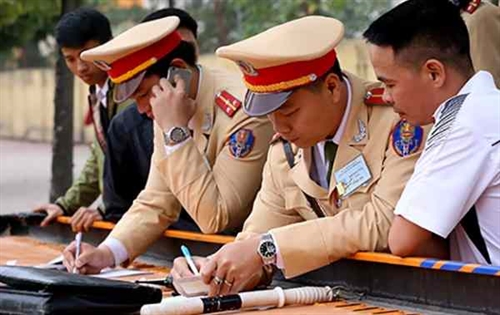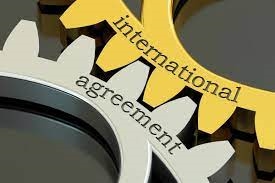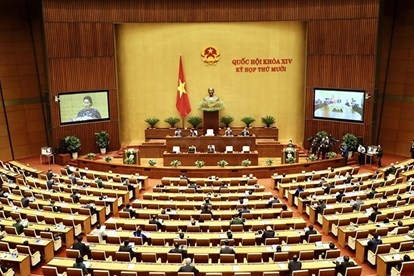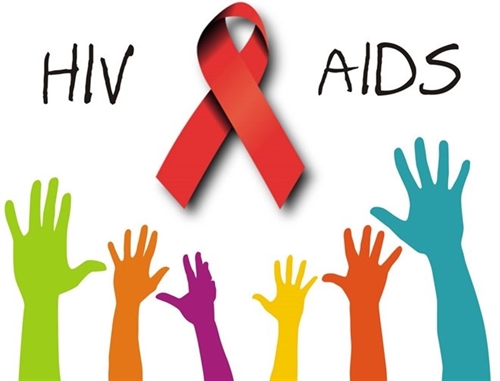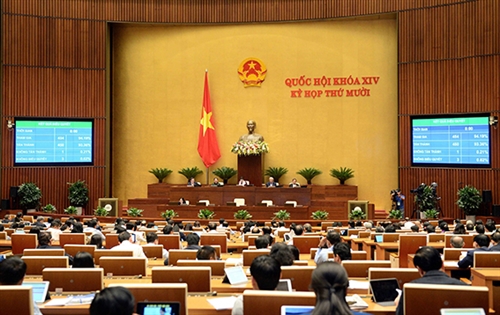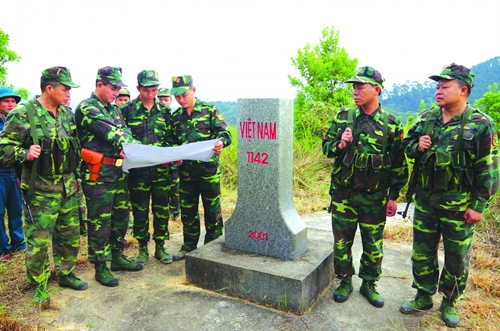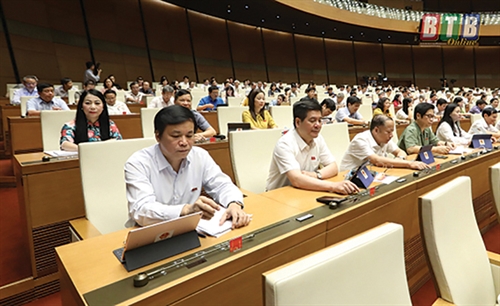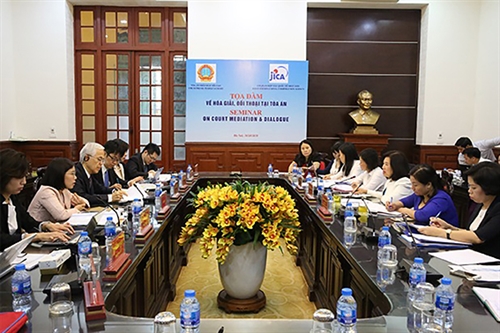The 2020 Law on Environmental Protection (the Law), which will come into force from the beginning of next year, has a significant change concerning environmental license. Accordingly, environmental license combines the contents of the individual environmental permit provided in the current regulations and will be used as a substitute for such permit.
As defined by the Law, environmental license means a document granted by a competent state management agency to an organization or individual engaged in production, business or service activities. Such license enables its holder to discharge wastes into the environment, manage wastes or import scraps for use as production materials but requires it/him/her to meet law-specified environmental protection requirements and conditions. To facilitate administrative reform, the Law removes different types of environmental permits under the 2014 Law on Environmental Protection and other relevant laws, e.g., environmental protection plan, certificate of completion of environmental protection facilities, wastewater discharge permit, certificate of eligibility for environmental protection for importing waste materials, hazardous waste treatment license, registration book for the owner of hazardous waste sources, and industrial gas emission permit. Previously, such a permit was applicable to a single project according to separate procedures set out by different state agencies while these agencies had no effective coordination process for settling such procedures.
Objects requiring environmental licenses
According to Article 39 of the Law, environmental licenses are required for (i) investment projects of groups I, II and III discharging wastewater, dust, or emissions into the environment that are subject to treatment or discharging hazardous wastes that are subject to management in accordance with waste management regulations before such projects are officially commissioned; and (ii) investment projects, concentrated production, business and service establishments and zones, and industrial clusters that commence their operation before January 1, 2022, and are subject to environmental criteria like those for the projects listed at item (i) above. Particularly, environmental license is exempt for the projects mentioned at item (i) if they are urgent public investment projects as defined by the law on public investment.
Competence to grant environmental licenses
Article 41 of the Law says the Ministry of Natural Resources and Environment may grant environmental licenses for the aforementioned projects for which it has approved results of appraisal of environmental impact assessment reports, or which are located in two or more provincial-level administrative units or located in maritime zones for which it is not yet possible to define the administrative management responsibility of provincial-level People’s Committees. Establishments importing scraps for use as production materials, and establishments providing hazardous waste treatment services are also subject to licensing by the Ministry.
Meanwhile, the Ministry of National Defense and Ministry of Public Security may grant environmental licenses for investment projects and establishments involving state secrets concerning national defense and security.
Except the projects falling under the licensing jurisdiction of the above three ministries, provincial-level People’s Committees may grant environmental licenses for: (i) group-II investment projects specified in Article 39 of the Law; (ii) group-III investment projects specified in Article 39 of the Law that are located in two or more district-level administrative units; and (iii) the projects specified in Article 39.2 of the Law for which provincial-level People’s Committees, ministries or ministerial-level agencies have approved results of appraisal of environmental impact assessment reports.
District-level People’s Committees are competent to grant environmental licenses for the projects specified in Article 39 of the Law that do not fall into the aforesaid cases.
Under the Law, an environmental license has the validity period of up to 10 years. However, for group-I investment projects, the life of the environmental license will be shortened to seven years, which also applies to concentrated production, business and service establishments or zones, and industrial clusters that commence their operation before the effective date of this Law and are subject to environmental criteria like group-I investment projects.
Environmental licenses will serve as a basis for competent state agencies to carry out inspection, examination and supervision of environmental protection activities of investment projects, concentrated production, business and service establishments or zones or industrial clusters, and for owners of investment projects or establishments to perform their environmental protection responsibility.-

